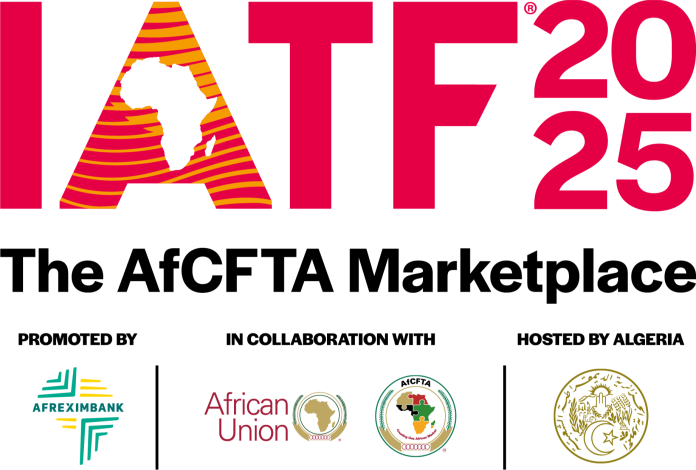African leaders identified energy transition, food security, and urban infrastructure as the continent’s top investment priorities during the fourth day of the Intra-African Trade Fair in Algiers, with discussions centering on how Africa can capture more value from its vast natural resources rather than remain a raw material supplier.
The summit’s main plenary session brought together CEOs and industrial leaders who emphasized that private capital and entrepreneurship will prove as crucial as government policy in determining whether Africa secures a larger role in global value chains over the next decade.
Energy dominated the day’s discussions as global demand surges for Africa’s strategic reserves of cobalt, lithium, and graphite. Leaders stressed the urgent need for domestic refining and local processing rather than continuing raw ore exports.
Speakers positioned renewable energy as fundamental to Africa’s competitiveness, arguing it would enable producers to reduce costs, meet international sustainability standards, and integrate into global clean energy supply chains. The continent’s abundant solar and wind resources could transform manufacturing capabilities across multiple sectors.
Agriculture emerged as both Africa’s greatest risk and opportunity. Despite owning 60 percent of the world’s uncultivated arable land, the continent spends billions annually on food imports, creating dangerous dependencies.
Nigerian, Somali, and Algerian speakers presented models for moving farmers up the value chain through mechanization, processing facilities, and improved market access. They argued that food sovereignty represents a cornerstone of macroeconomic stability that investors should view as one of Africa’s most scalable industries rather than subsistence farming.
Urban development pressures are intensifying as demographic projections show 1.3 billion Africans will live in cities by 2050. Infrastructure sessions highlighted smart, sustainable city models that integrate housing, transport, and healthcare systems.
Speakers called for urban planning to shift from ad hoc development toward investment-grade projects capable of attracting institutional capital while addressing quality-of-life challenges for rapidly growing populations.
The day concluded with emphasis on cross-border partnerships as essential for transformation. Leaders noted that Africa’s growth depends on linking supply chains, standardizing regulations, and scaling projects beyond individual national borders.
The discussions revealed consensus that Africa’s development story has moved beyond questions of potential to focus on execution strategies. While energy, agriculture, and infrastructure each offer substantial opportunities, the critical challenge for policymakers and investors involves creating integrated approaches that leverage the continent’s comparative advantages simultaneously.
The Intra-African Trade Fair continues through September 10, bringing together government officials, business leaders, and investors to discuss continental economic integration strategies.
Source: newsghana.com.gh











